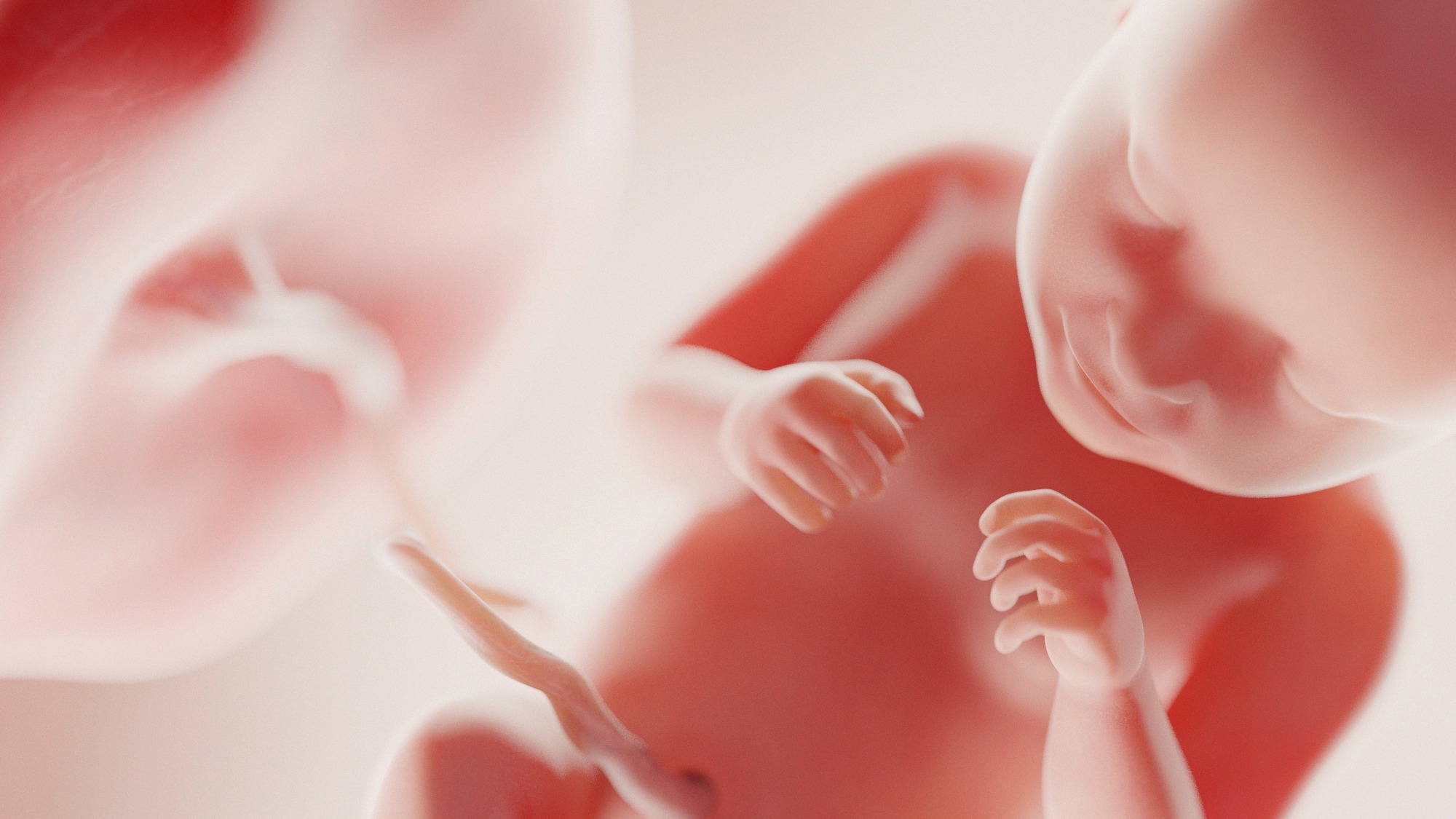The coronavirus disease 2019 (COVID-19) pandemic increased the risk of severe disease and death in multiple categories, including very young infants and pregnant women. The rollout of effective vaccines in late 2020 was posited to prevent severe disease and death, even after acute infection. During this time, vaccination was advised in pregnancy to protect both mother and baby through the transplacental delivery of the antibodies.
However, the differences in protection conferred by maternal COVID-19 vaccination among preterm and full-term babies remain unclear. A new study published in JAMA Network Open reports on the levels of maternal-origin antibodies to the severe acute respiratory syndrome coronavirus 2 (SARS-CoV-2) in preterm babies.
 Study: Timing of Maternal COVID-19 Vaccine and Antibody Concentrations in Infants Born Preterm. Image Credit: SciePro / Shutterstock.com
Study: Timing of Maternal COVID-19 Vaccine and Antibody Concentrations in Infants Born Preterm. Image Credit: SciePro / Shutterstock.com
How has COVID-19 protected pregnant mothers?
COVID-19 vaccines have successfully reduced the number of serious illnesses and deaths related to the disease during pregnancy. With vaccination, outcomes like hospitalization, admission to the intensive care unit (ICU), and deaths have significantly declined from the increased rates observed with COVID-19 in pregnancy.
Prior research indicated that vaccinated pregnant women have a lower risk of illness, hospitalization, admission to critical care units (CCUs), stillbirths, and neonatal death as compared to non-vaccinated pregnant women. The antibodies induced by the vaccine are primarily targeted against the viral spike antigen and cross the placenta through active transfer.
Fetal blood contains steadily increasing concentrations of maternal immunoglobulin G (IgG) antibodies transferred across the placenta from 10% of maternal concentrations by mid-pregnancy to 50% by 28-32 weeks. Maternal vaccination against COVID-19 may protect the baby against severe COVID-19; however, there remains a lack of data confirming that maternal vaccination provides sufficient levels of protective anti-spike antibodies in preterm deliveries.
About the study
The current study aimed to measure and compare anti-spike antibody levels in cord blood samples from preterm and full-term deliveries with maternal blood samples. To this end, the current study comprised a prospective cohort of pregnant women from whom blood samples were collected, along with cord blood samples from their newly delivered infants between February 2021 and January 2023.
All participants had two or more doses of a messenger ribonucleic acid (mRNA) COVID-19 vaccine prior to delivery. None of the study participants had current or prior COVID-19.
What did the study show?
Of the 220 participants, with a median age of 34, there were 36 and 184 preterm and full-term deliveries, respectively. Over 80% of the study participants were White, 12% Asian, and 2% and 6% were Black and Hispanic, respectively.
Women who delivered preterm had a higher body mass index (BMI) value of about 32 as compared to 30 for those who delivered full-term. Women with higher BMI values were also associated with an increased risk of diabetes prior to conception, pre-eclampsia, and chronic hypertension.
The median gestational age for preterm infants was 35 weeks as compared to 39.5 weeks for full-term infants. About 66% of preterm infants were delivered through Cesarean section as compared to 33% of full-term infants.
About 120 and 100 women received two or three vaccine doses each, respectively, before delivery. Among those who delivered preterm infants, about 70% had three or more vaccine doses, compared to 40% for full-term infants.
The time from the last vaccine dose to delivery was about 16 weeks, with the median gestational age at the time of the last dose being 25 weeks for both preterm and full-term pregnancies.
The concentration of anti-spike antibodies in maternal blood was 674 with two doses and more than 10-fold higher at 8,169 with three or more doses. The corresponding concentrations in cord blood samples were 1,000 and about 10,000, respectively.
Maternal blood antibody concentrations were higher in pregnancies that ended prematurely as compared to full-term deliveries. However, cord blood antibody levels were lower in preterm infants, which led to a lower cord-to-maternal antibody ratio in preterm deliveries.
This difference between pregnancies ending in full-term and preterm deliveries was not observed for either maternal antibody levels or cord-to-maternal blood antibody ratios after adjusting for the time of pregnancy at which vaccination was performed. The peak ratio was observed at about 10 weeks from the last vaccine dose.
When adjusted for the time of vaccination and number of vaccine doses, there was no association between preterm delivery and antibody levels.
What are the implications?
Cord blood antibody levels in infants born to women who received at least three doses of a COVID-19 mRNA vaccine were ten times higher than in infants born to women who received two doses. Nevertheless, this finding did not correlate with gestational age at the time of delivery. Furthermore, there was no significant difference in antibody levels in cord blood between preterm and full-term deliveries.
While the association of three or more vaccine doses with higher antibody concentrations has been previously reported, this is the first time that it has been compared between preterm and full-term infants.
Despite lower antibody transfer ratios in preterm infants, an increased number of vaccine doses before delivery could improve the final concentration of cord blood antibodies. Thus, it is recommended that the booster dose be administered before the third trimester in women at risk for preterm delivery, while others may receive it approximately 10 weeks before the estimated date of delivery.
Maternal antibody concentrations appeared more important than delivery gestational age in determining cord antibody levels.”